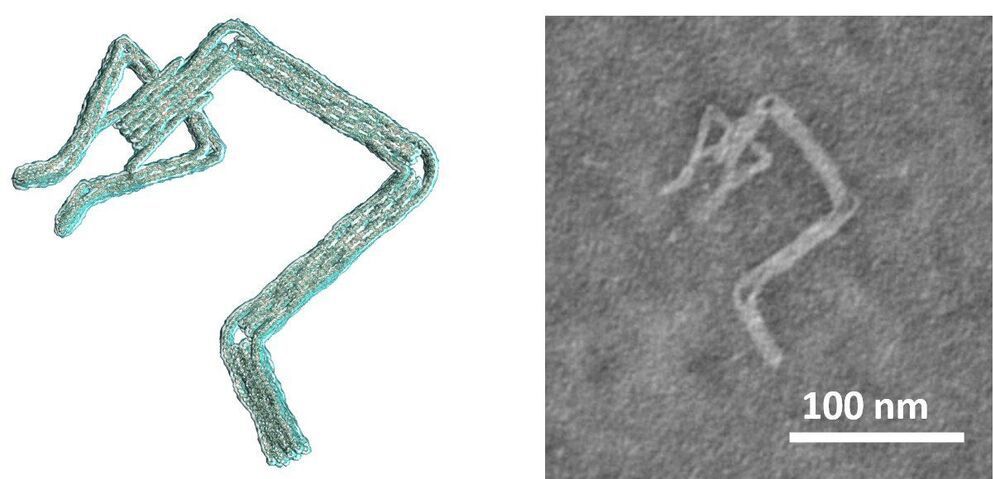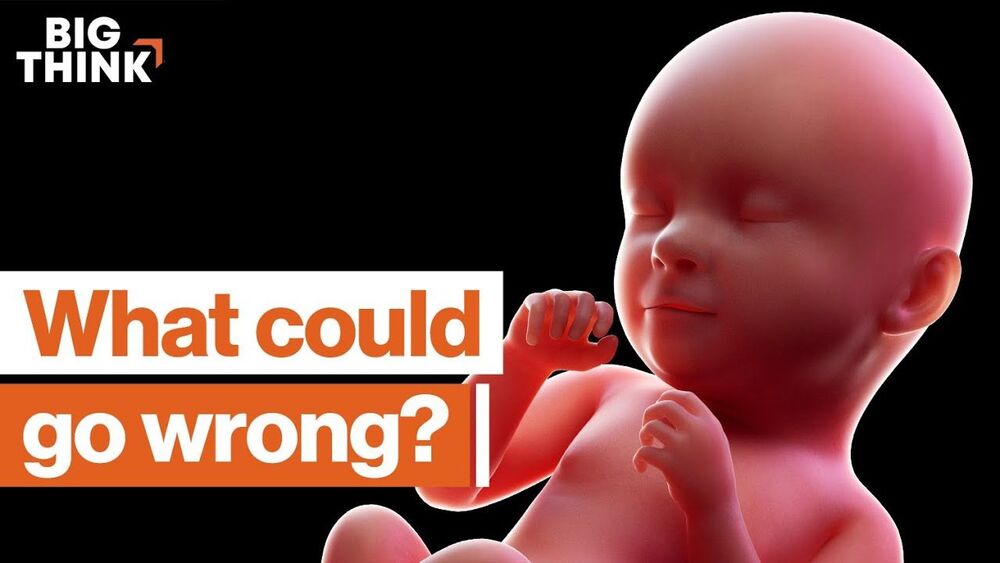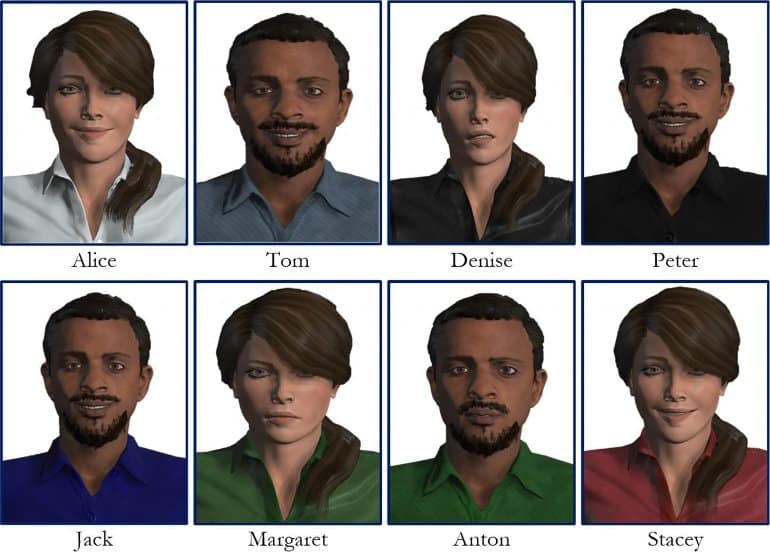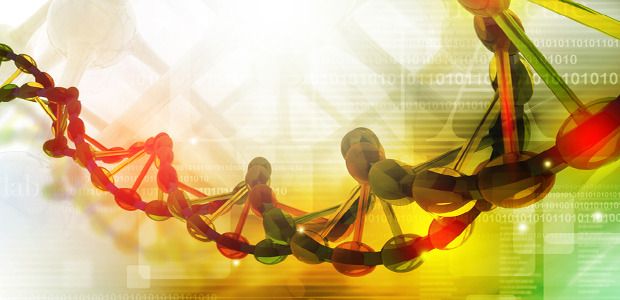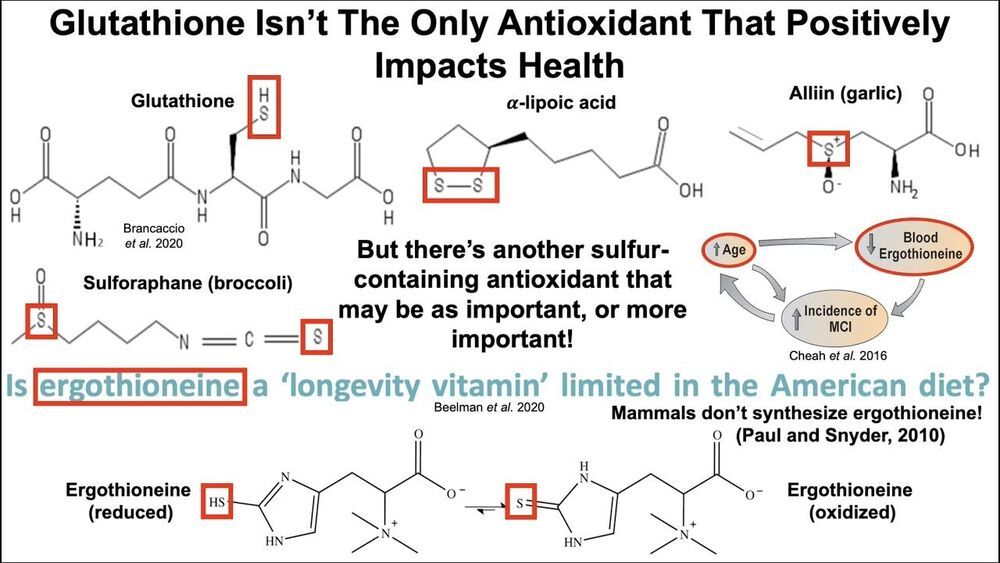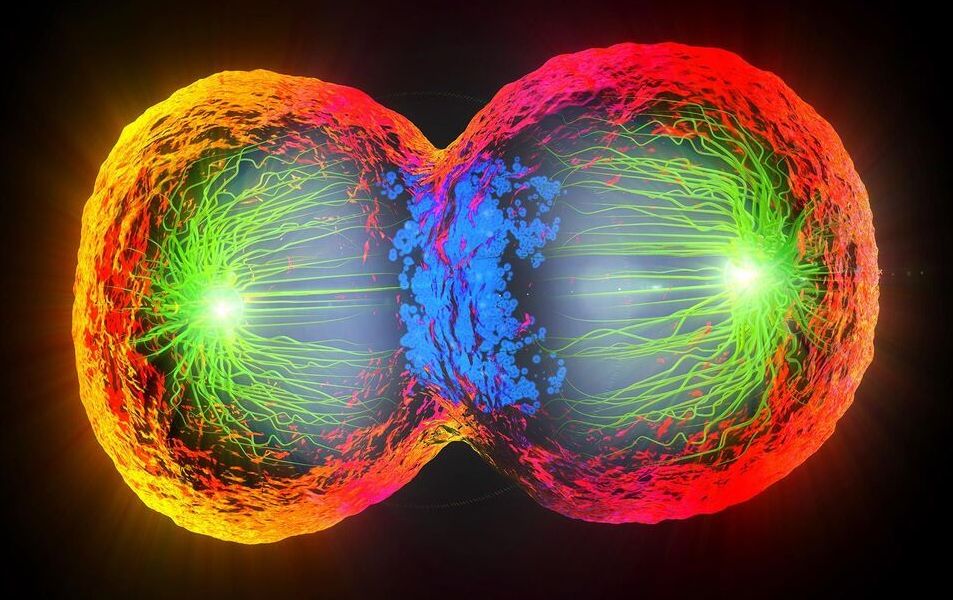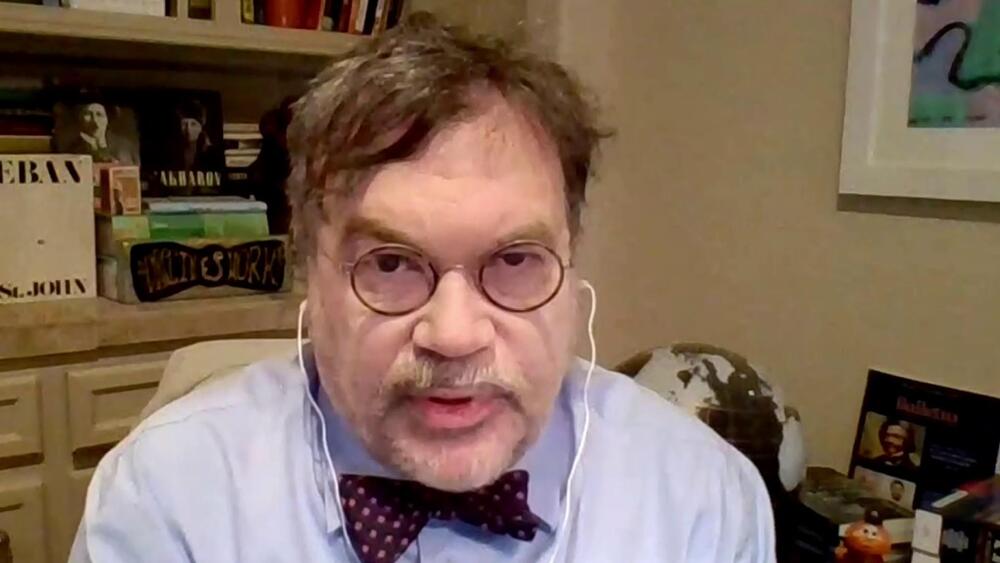Apr 19, 2021
DNA robots designed in minutes instead of days
Posted by Quinn Sena in categories: biotech/medical, robotics/AI
Someday, scientists believe, tiny DNA-based robots and other nanodevices will deliver medicine inside our bodies, detect the presence of deadly pathogens, and help manufacture increasingly smaller electronics.
Researchers took a big step toward that future by developing a new tool that can design much more complex DNA robots and nanodevices than were ever possible before in a fraction of the time.
In a paper published today in the journal Nature Materials, researchers from The Ohio State University—led by former engineering doctoral student Chao-Min Huang—unveiled new software they call MagicDNA.
